A Slow Remembering
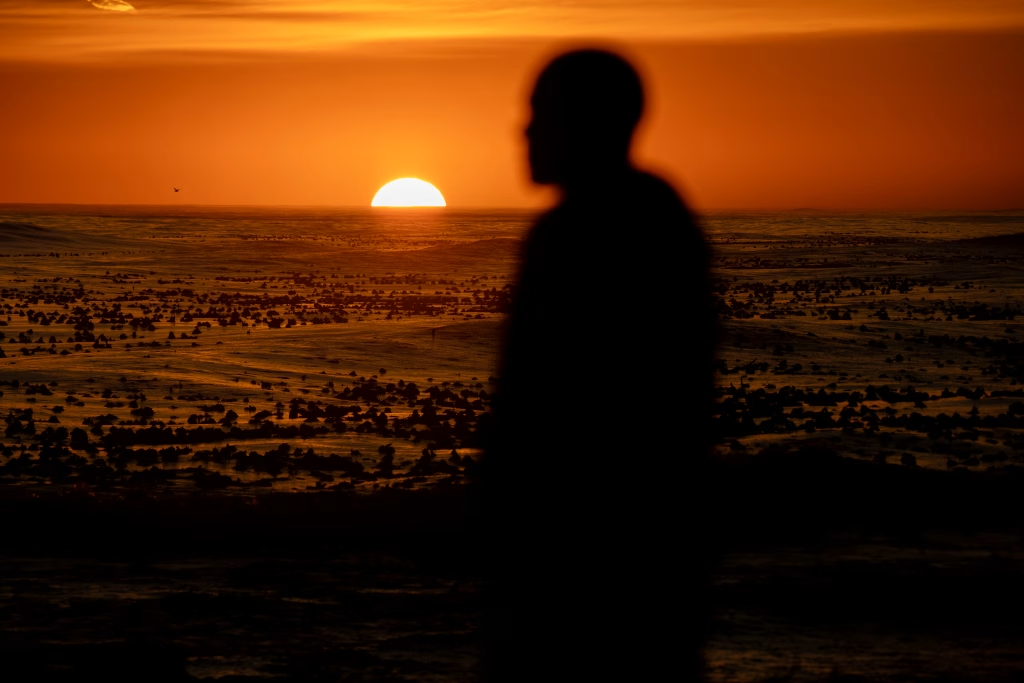
There is a silence growing between us and Mother Earth. In South Africa, we spend nearly 10 hours a day online – more than any other nation – replacing wonder and wildness with the glow of screens. But through tracking and observation, young people are healing this rupture. At Windmill Beach, learners are rediscovering the ocean through the 1001 Seaforest Species project, studying intertidal creatures and learning Earth’s oldest language. Meanwhile, at !Khwa ttu, San interns reconnect with their ancestral knowledge, reading the shoreline and tracking animals, wind, and memory.
On Assignment for People and the Planet
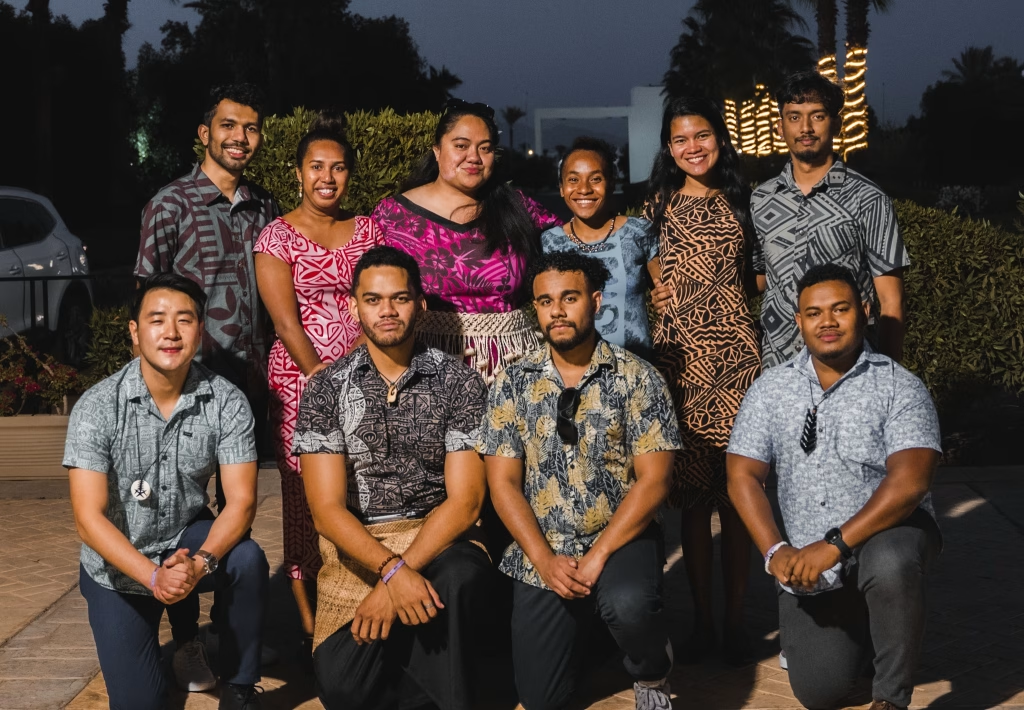
How the Pacific Islands Students Fighting Climate Change took a classroom idea to the world’s highest court.
What’s Your Name?
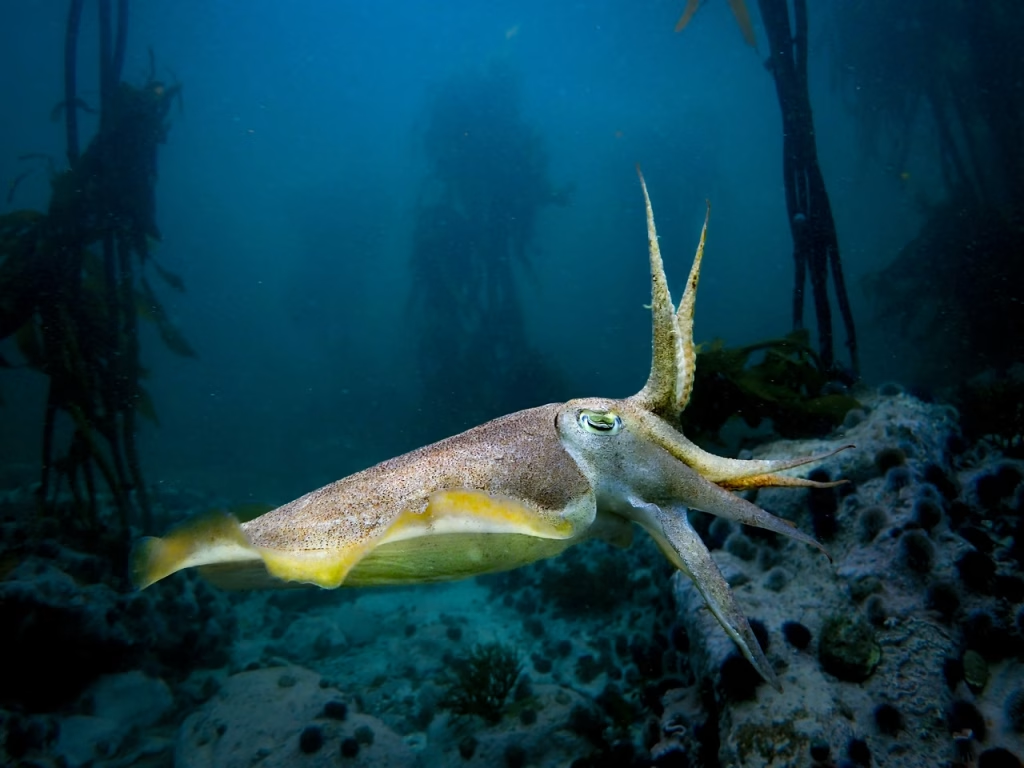
A surprising discovery in South Africa’s kelp forest reveals the true identity of a cuttlefish – and why naming species correctly matters.
When Words Fail Us, We Fail Nature
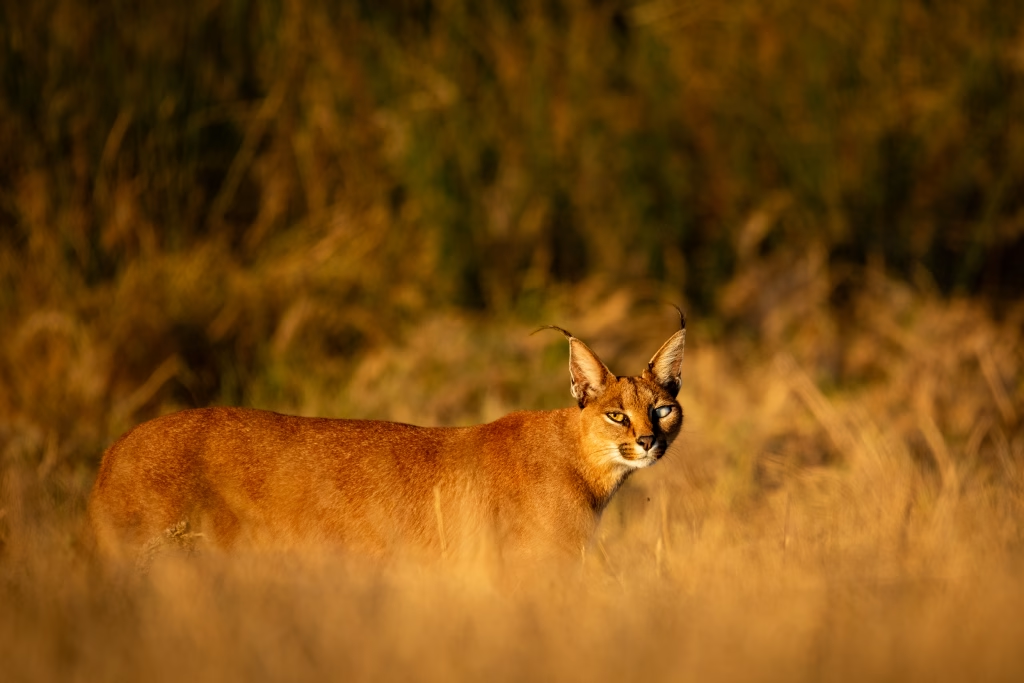
Tracking a caracal along the shoreline reveals how we’ve lost the “language of the wild” – and why reclaiming it is key to nature connection and conservation.
Did UNOC3 Make Waves Or Just A Splash?

The Sea Change Project reflects on its first time attending the United Nations Ocean Conference (UNOC3) in Nice, where kelp forests gained long-overdue political recognition. From inspiring side events to landmark pledges for marine protection, the week sparked renewed hope, connection, and commitment to our blue planet.
Two Creatures Turning Our Thinking Upside-Down
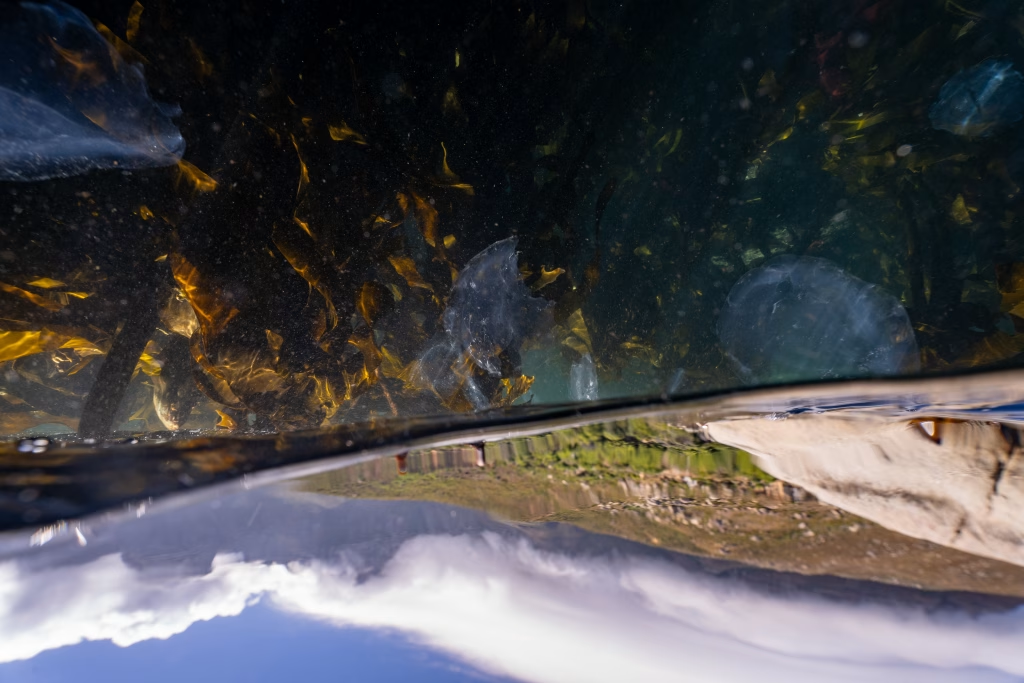
Jannes Landschoff and Craig Foster share their encounters with two fascinating marine creatures – an upside-down amphipod and a juvenile Cape sole – that challenged their understanding of the underwater world and highlighted the ocean’s enduring mysteries.
Fallacies and Facts About Our Feverish Planet

Our planet has a fever. It’s sweating and sick. Last year was the hottest year on record, with average temperatures rising past the 1.5ºC threshold agreed upon by the 195 signatories to the Paris Agreement.
On Board for The Ocean
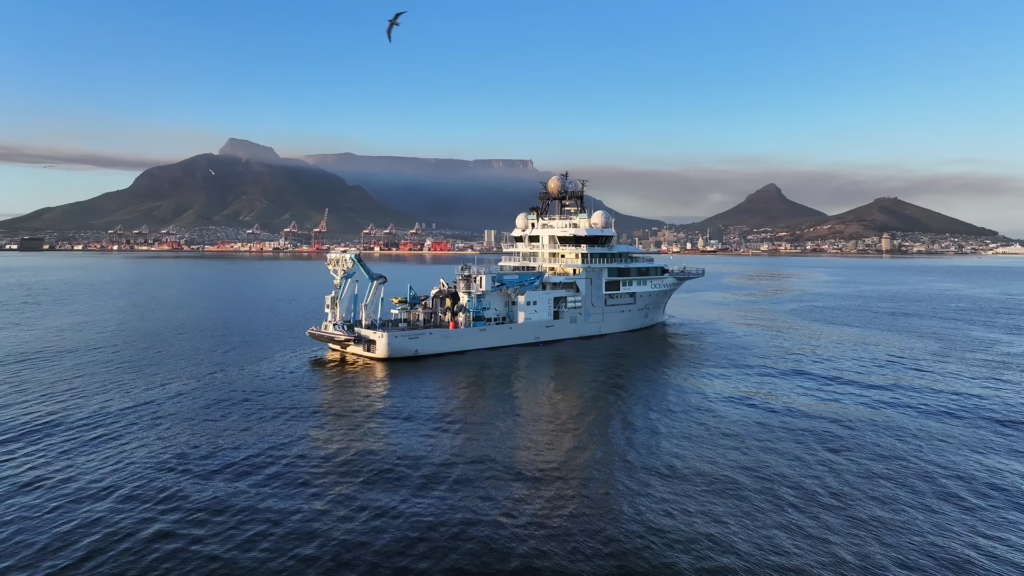
The OceanXplorer is a remarkable vessel. Part dive centre, part science laboratory, part media hub, part every-child’s-dream, it travels the world researching our oceans and has explored uncharted deep-sea ecosystems. It’s high-tech and high-impact, and that evening’s gathering was high-level.
How do we love thee? Let us count the ways
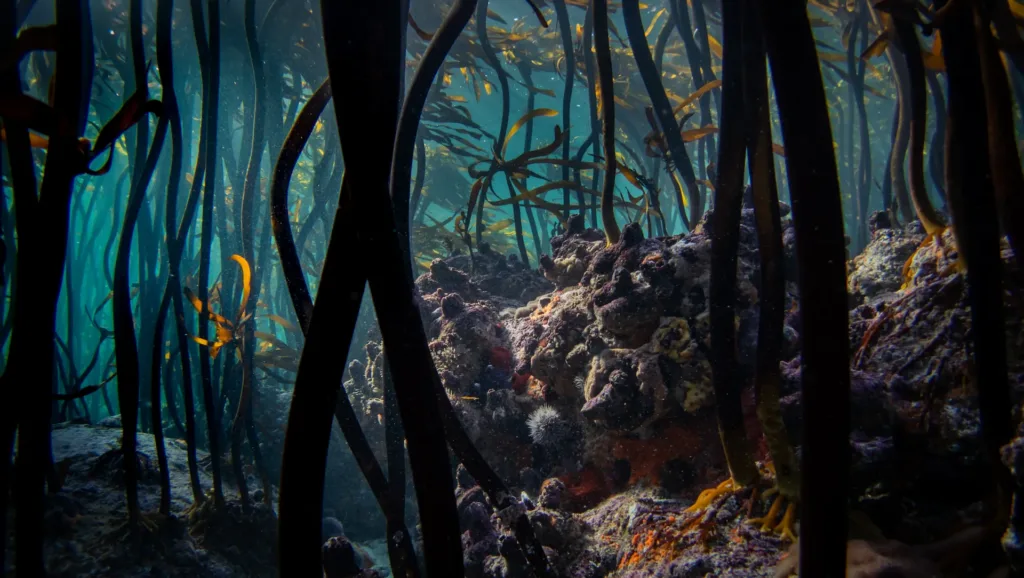
Sea Change Project marine biologist Jannes Landschoff explains how the 1001 Seaforest Species project aims to create a sense of awe for biodiversity.
Chewing Gum and Bird Spas:
A Tracking Tale of Two Cities
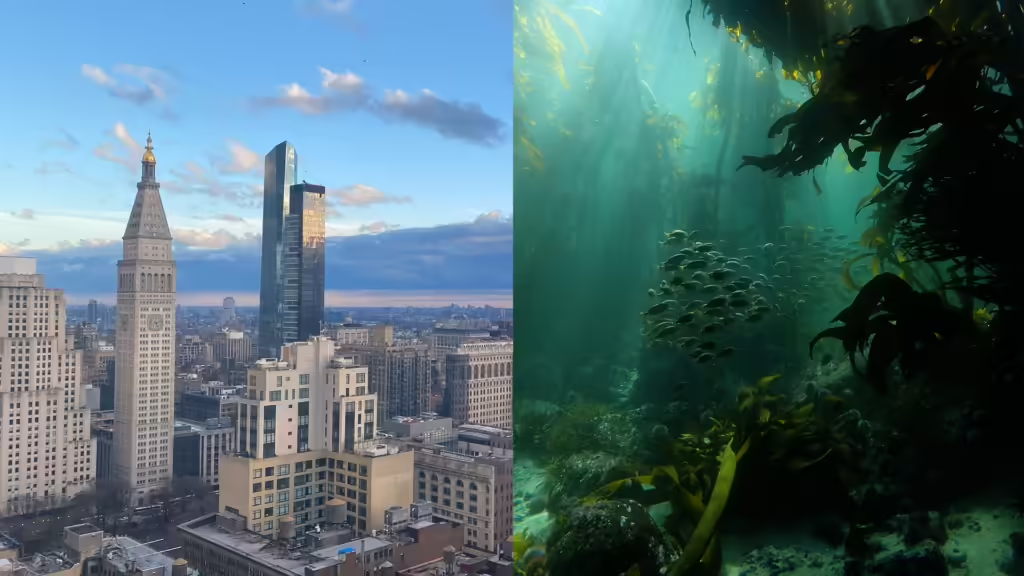
When Craig travels to London and New York, he feels out of place – until he discovers that a wild mind can still thrive in a tame world.